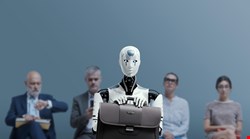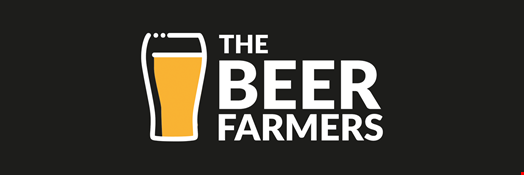
In an era of rapid technological advancement, I find myself increasingly concerned about the potential loss of jobs due to automation and artificial intelligence (AI). If we reflect on the ethical considerations surrounding this issue, we are reminded of the personal implications it holds for individuals. Let's delve into the ethical implications of "job losses" resulting from automation with empathy and a personal touch.
At the heart of this issue lies the worry of job displacement. As automation driven by AI continues to advance, I cannot help but wonder how it will impact my own job and those of individuals in similar positions. The thought of facing significant job losses and the resulting economic hardships is deeply unsettling. It raises ethical dilemmas, emphasizing the responsibility to support and retrain affected workers, ensuring a fair transition and minimizing disruptions in society.
Another aspect that hits close to home is the potential exacerbation of existing social and economic inequalities. Knowing that individuals in low-skilled or routine-based jobs are often the most vulnerable to job losses, while those with higher-level skills and education may benefit from new opportunities created by automation, raises concerns about fairness and social justice. Ensuring a just distribution of benefits and actively working towards reducing societal disparities becomes imperative from an ethical standpoint.
Read more: Massive Adoption of Generative AI Accelerates Regulation Plans
Beyond the economic implications, job losses resulting from automation have profound effects on human dignity. As someone who finds purpose, fulfilment, and dignity in my work, the prospect of mass job losses threatens to erode these fundamental aspects of my existence. Ethical questions arise, questioning how we can uphold human dignity in a world where traditional employment opportunities are diminishing, challenging the significance of work and defining our identity and self-worth.
Addressing these ethical challenges requires a concerted effort to provide affected workers with opportunities for retraining and reskilling. I believe that investing in educational programs, vocational training, and lifelong learning initiatives is crucial to equip individuals with the skills relevant to the new economy. Ethical responsibilities lie in empowering workers, to adapt to the changing job landscape, ensuring we have the necessary tools to thrive in an automated world.
Striking the Right Balance
However, it is essential to recognize that while automation may result in job losses, it also has the potential to create new job opportunities. Ethical considerations should focus on facilitating the creation of these new roles and ensuring that the benefits of automation are shared widely. I believe that encouraging entrepreneurship, fostering innovation, and supporting industries that complement AI technologies can help alleviate the negative effects of job losses and promote a more inclusive future.
Moreover, the impact of job losses extends beyond individuals like me and permeates society as a whole. It has broader implications for social cohesion, stability, and overall well-being. Ethical deliberations should encompass evaluating potential social consequences, such as increased inequality, reduced social mobility, and the overall impact on communities and society at large. Striving for a balanced approach that considers both technological progress and societal welfare is of utmost importance.
As I reflect on the ethical challenges associated with job losses due to automation, I realize that addressing them requires a multidimensional approach involving policymakers, businesses, academia, and society as a whole.
In my opinion it is crucial to strike a delicate balance between the benefits of automation and considerations for fairness, inclusivity, retraining, and ensuring a just transition to a transformed job market. By embracing this collective responsibility, we can navigate the evolving landscape of automation while upholding our commitment to social progress and human dignity, not just for me, but for all individuals impacted by these changes.
Follow The Beer Farmers on Social Media:
Twitter: @Thebeerfarmers
LinkedIn: The Beer Farmers

